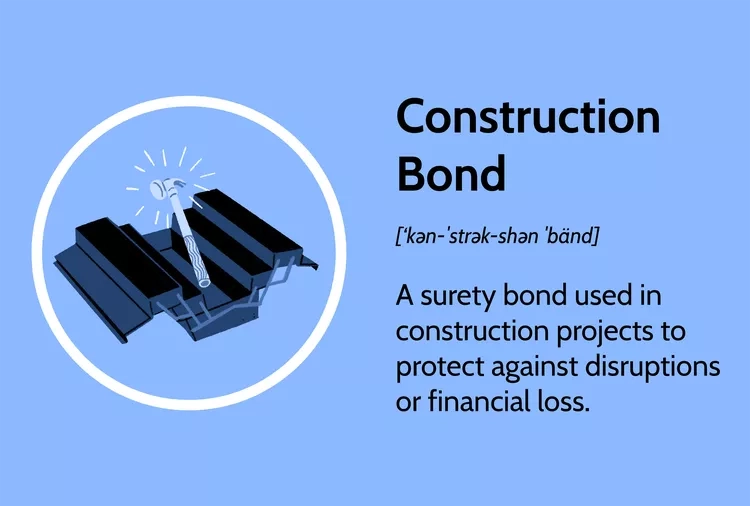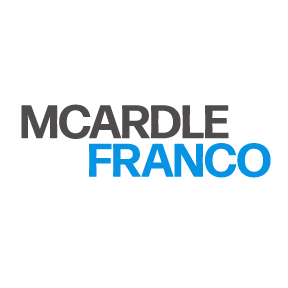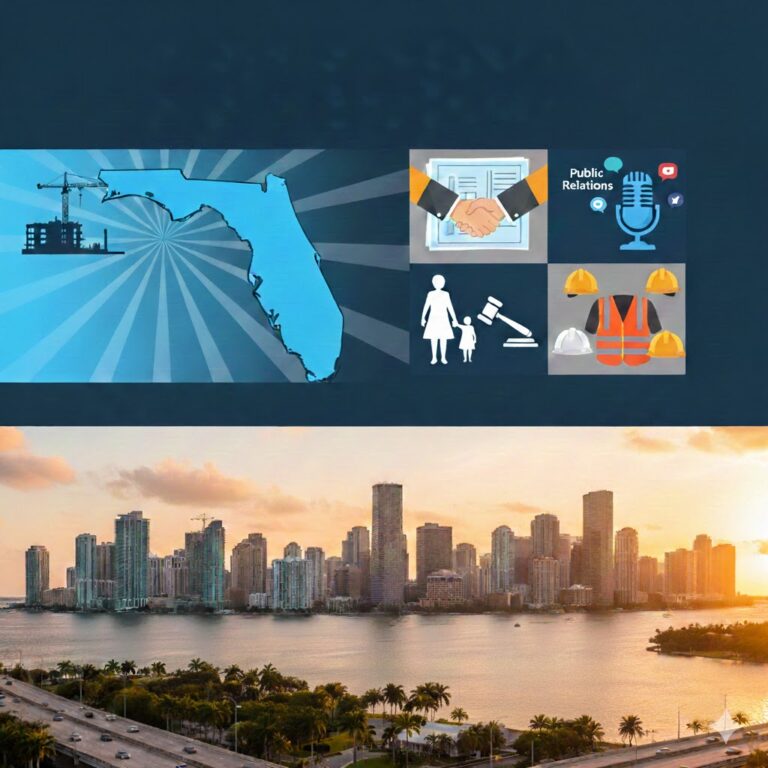
Understanding the Financial Benefits of Construction Surety Bonds in Orlando: A Comprehensive Analysis of ROI and Risk Management
Orlando’s construction industry generates over $8 billion annually in economic activity, making it one of Florida’s most significant economic drivers. Within this thriving marketplace, construction surety bonds play an increasingly crucial role in facilitating large-scale projects while providing essential financial protections for all stakeholders. Understanding the financial implications and benefits of surety bonds extends far beyond simple compliance requirements. These instruments represent strategic financial tools that can dramatically impact a construction company’s profitability, growth trajectory, and long-term viability in Central Florida’s competitive market.
The Economics of Surety Bond Costs vs. Project Access
Experienced Florida general contractors understand that surety bond premiums are a necessary cost. However, this perspective accounts for the difference in project values and profit margins that become accessible through bonding. A comprehensive financial analysis reveals that surety bond costs typically represent a small fraction of the additional revenue opportunities they create.
Consider a typical Orlando contractor operating without surety bonds who might be limited to projects under $100,000. This contractor competes primarily on price in a market segment characterized by intense competition and razor-thin margins. The same contractor, once properly bonded, can pursue projects ranging from $500,000 to $5 million or more, where competition may be less intense and profit margins can be substantially higher.
For example, a contractor paying 2% in annual surety bond premiums who gains access to projects with profit margins 3-5% higher than unbonded work achieves a positive return on bonding investment before considering additional factors like payment security and risk transfer benefits. This calculation becomes even more favorable when accounting for the reduced collection risks and administrative costs associated with bonded projects.
Working with established Orlando FL construction surety bond agencies enables contractors to optimize their bonding costs through underwriting support, thorough preparation, competitive pricing and efficient processing. Experienced bonding agency professionals understand how to structure programs that maximize coverage while minimizing premiums, creating the most favorable cost-benefit relationships for their general contractor clients.
Cash Flow Management and Working Capital Optimization
Construction surety bonds provide significant cash flow benefits that are often overlooked in traditional cost-benefit analyses. Bonded projects typically feature more predictable payment schedules, reduced collection risks, and standardized dispute resolution procedures. These factors combine to create more stable and predictable cash flows, which enable better working capital management and reduce financing costs.
Payment bonds eliminate many of the risks associated with subcontractor and supplier payment disputes. In Florida’s construction market, where mechanics’ liens can tie up project funds and create expensive legal complications, payment bonds provide a resolution mechanism that keeps cash flowing. This protection is particularly valuable for general contractors when payment disagreements arise with subcontractors.
Performance bonds also contribute to cash flow stability by reducing the likelihood of project delays and complications. When subcontractors are bonded, general contractors can have greater assurance that work will be completed on schedule and within budget. This predictability enables better project planning and resource allocation, reducing the working capital requirements associated with schedule delays and cost overruns.
The administrative efficiency gains from bonded projects also contribute to improved cash flow. Bonded projects typically involve sophisticated project owners that maintain professional payment practices and standardized procedures. This professionalism reduces the administrative costs associated with payment collection and dispute resolution, freeing up resources for productive construction activities.
Risk Transfer and Insurance Cost Savings
Construction surety bonds provide risk transfer benefits that can significantly impact a contractor’s overall insurance and risk management costs.
Professional liability exposures can be reduced on bonded projects because surety companies review project specifications and contractor capabilities. This review process can identify potential problems before they become costly issues, reducing the likelihood of professional liability claims. Many contractors find that their professional liability insurance costs decrease as they take on more bonded work due to improved loss experience.
Workers’ compensation costs may also be favorably impacted by bonded work. Bonded projects often involve more sophisticated safety programs and better project management, leading to improved safety records. Additionally, the prequalification requirements for bonded work often result in contractors working with subcontractors that maintain superior safety programs.
Central FL construction surety bonds require contractors to maintain certain financial and operational standards that often align with best practices for risk management. Contractors that meet these standards often experience lower insurance costs across all coverage lines due to their improved risk profiles.
Competitive Advantages and Market Positioning
The competitive advantages provided by surety bonds translate directly into financial benefits through improved market positioning and pricing power. Bonded contractors often find themselves competing against fewer bidders on premium projects, enabling more favorable pricing and improved profit margins. This reduced competition stems from the limited number of contractors that maintain or can secure adequate bonding capacity for larger projects.
Prequalification advantages also provide financial benefits by reducing bidding costs and improving win rates. Many of Orlando’s most attractive construction opportunities require prequalification processes that automatically exclude unbonded contractors. By maintaining bonding capacity, contractors gain access to these opportunities while avoiding the costs associated with pursuing projects where they are ultimately ineligible to compete.
Brand value and reputation benefits from bonding capacity create long-term financial advantages that compound over time. Project owners and developers who have positive experiences with bonded contractors are more likely to work again with contractors that maintain comprehensive bonding programs. These preferences can lead to negotiated contracts, sole-source opportunities, and premium pricing that significantly exceeds the costs of maintaining bonding capacity.
Subcontractor and Supplier Relationship Benefits
Bonded contractors often enjoy improved relationships with subcontractors and suppliers, leading to better pricing, terms, and performance. Subcontractors and suppliers recognize that payment bonds provide security for their receivables, which can make them more willing to offer competitive pricing and favorable payment terms. This improved pricing can offset bonding costs while providing additional financial benefits.
The reduced administrative burden associated with subcontractor and supplier relationships on bonded projects also creates financial benefits. Payment disputes are less likely to occur when payment bonds are in place, reducing the legal and administrative costs associated with these complications. This efficiency enables contractors to focus their resources on productive construction activities rather than dispute resolution.
Quality subcontractor relationships facilitated by bonding can also lead to better project outcomes and reduced warranty costs. Subcontractors confident they will be paid are more likely to invest in quality workmanship and materials, reducing the likelihood of costly callbacks and warranty claims. These quality improvements contribute to improved profitability and reduced long-term costs.
Access to Larger Projects and Volume Discounts
Surety bonds enable access to larger projects that provide economies of scale and volume discount opportunities. Larger projects typically feature better profit margins due to reduced overhead allocation per dollar of revenue and improved purchasing power for materials and subcontractor services. These scale benefits can significantly exceed bonding costs while providing platform opportunities for further growth.
Construction bid bonds in Orlando Florida are essential for competing on many of the region’s most profitable projects. These larger opportunities often involve sophisticated project owners who understand construction economics and thus may be more willing to pay appropriate prices for quality work. The financial benefits of accessing these markets can significantly exceed the costs of maintaining adequate bonding capacity.
Volume purchasing opportunities on larger projects can create substantial material cost savings that flow directly to the bottom line. Contractors working on bonded projects often have the scale necessary to negotiate volume discounts with suppliers and subcontractors, improving project profitability while building valuable business relationships.
Long-Term Business Valuation Impact
Construction surety bonds contribute to long-term business value creation in ways that extend beyond individual project profitability. Companies with established bonding capacity and track records of successful bonded project completion can seek premium valuations in sale transactions due to their proven capabilities and market access.
The barrier to entry created by bonding requirements provides ongoing competitive protection that supports better pricing and greater market share retention. This protection becomes increasingly valuable as businesses mature, seek to maximize return on invested capital and face competitors entering the market.
Succession planning benefits from established bonding relationships, particularly for family-owned construction businesses. Bonding capacity and relationships represent valuable intangible assets that facilitate business transfers, and provide continuity for ongoing projects. These benefits can significantly impact business valuation and succession planning strategies.
Financial Reporting and Banking Relationship Benefits
Maintaining surety bonds often requires contractors to meet specific financial reporting and operational standards that improve their overall business management practices. These improved practices create benefits such as better access to credit and improved banking relationships.
Banks and other lenders often view bonding capacity as a positive indicator of business stability and management competence. Contractors with substantial bonding programs may qualify for better lending terms, higher credit limits, and more flexible credit arrangements. Better banking relationships can reduce financing costs and provide additional financial flexibility for business operations and growth.
The financial discipline required to maintain bonding capacity can also create internal benefits through improved financial controls, better cash flow management, and enhanced operational efficiency. These improvements often result in better overall financial performance that exceeds the direct benefits of bonded project access.
Strategic Planning and Growth Management
Construction surety bonds in Florida facilitate strategic planning and controlled growth by providing measurable benchmarks for business development. Contractors can use bonding capacity as a metric for tracking business growth and establishing growth targets that align with their operational capabilities and market opportunities.
The relationship with bonding agency professionals provides valuable strategic assistance. Professional bonding agents often have insights into market trends and opportunities that can help contractors position themselves for optimal growth.
Risk management benefits from strategic bonding relationships also support long-term business success by helping contractors avoid projects that exceed their capabilities or market conditions. This discipline ensures that growth occurs within sustainable parameters.
Maximizing the Financial Value of Bonding
The financial benefits of construction surety bonds in Orlando’s market extend beyond simple project access. From improved cash flows and reduced risks to enhanced competitive positioning and long-term business value creation, properly structured bonding programs provide returns can generate strong returns.
Guignard’s expertise in structuring bonding programs for Orlando contractors ensures that clients maximize these financial benefits while minimizing costs and administrative burdens. Their comprehensive understanding of local market conditions and surety company requirements enables them to design bonding solutions that align with contractors’ financial objectives and growth strategies.
Success in Orlando’s construction market increasingly requires sophisticated financial management and strategic planning that incorporates surety bonding as a central component of business strategy. Contractors who understand this and leverage these financial benefits position themselves for sustainable growth and long-term success in Central Florida.
For more information on Guignard’s surety bond offerings, call (407) 834-0022 in Orlando, (813) 547-3773 in Tampa or (678) 606-5533 in Atlanta, or visit us online at www.guignardcompany.com.



